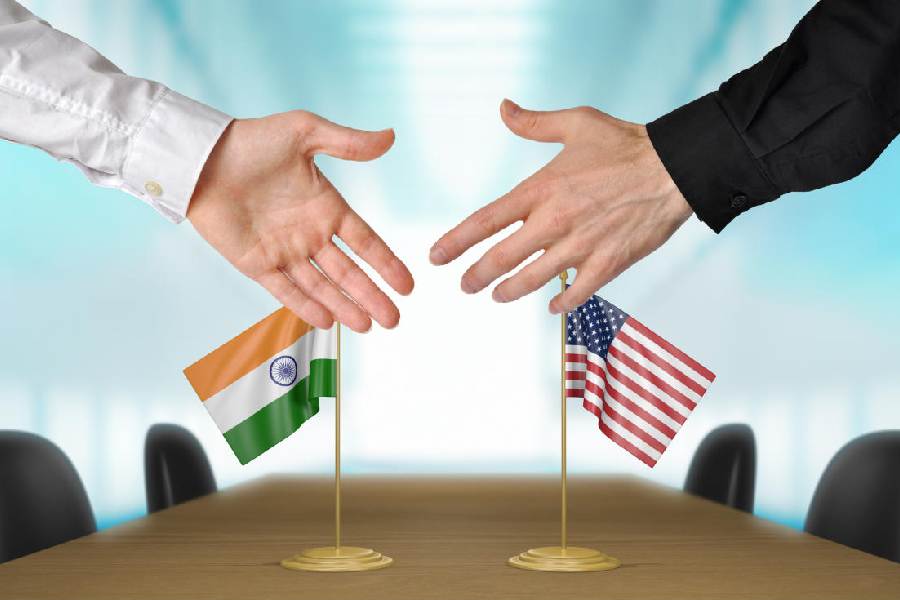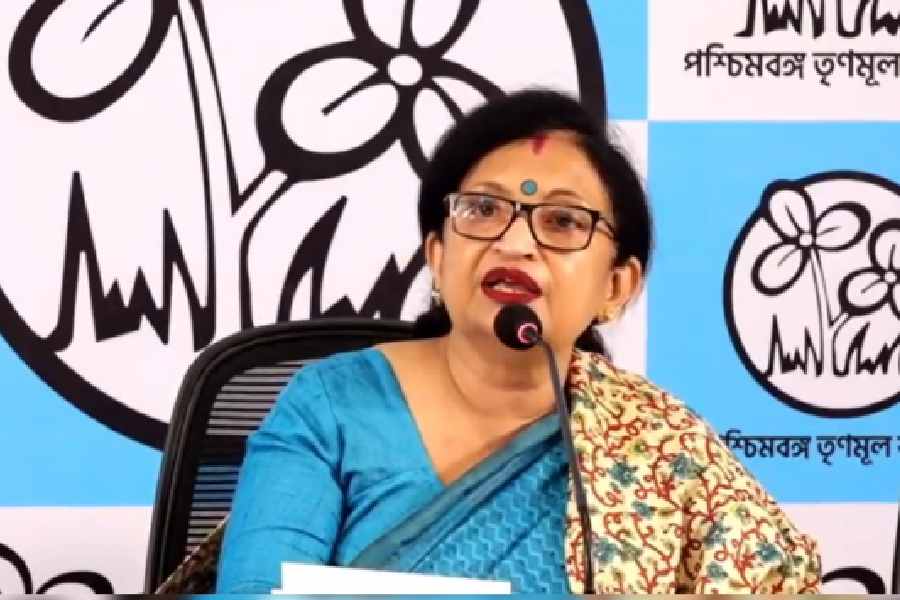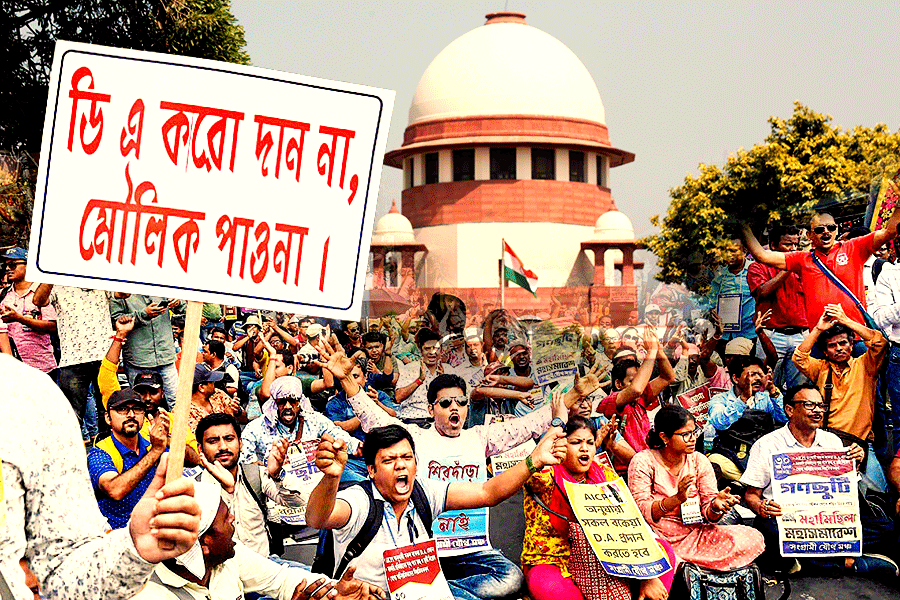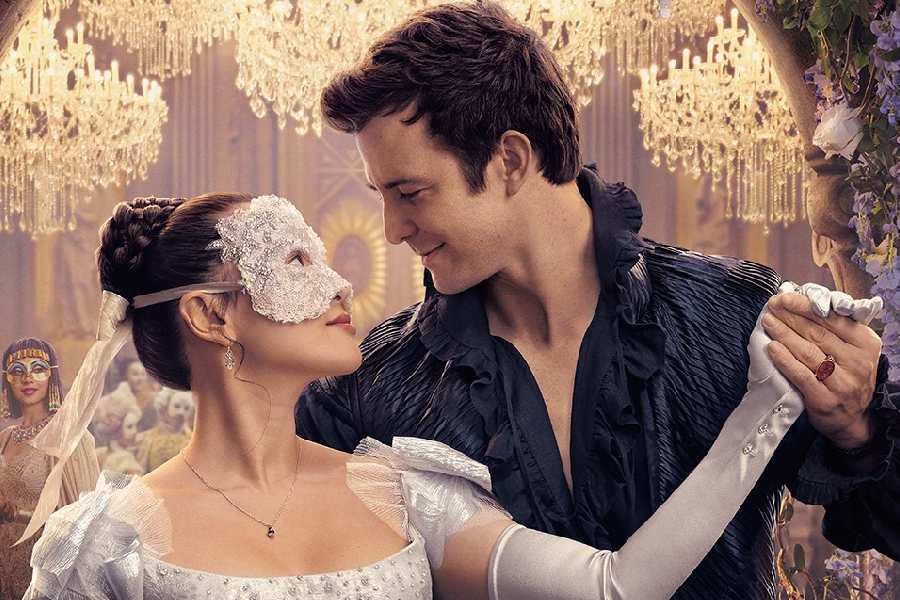 |
| Darrell Hair |
Calcutta: Darrell Hair on Tuesday unconditionally withdrew his racial discrimination claim against the International Cricket Council.
The Australian umpire launched the claim against the ICC after he was suspended from umpiring in top-level matches following the abandonment of the Oval Test between England and Pakistan last August.
According to information received here, the following statement was read to the Central London Employment Tribunal on Tuesday:
“Darrell Hair has withdrawn unconditionally his allegations of race discrimination against the ICC Board, its management and staff.
“Hair has undertaken to work with ICC management over the next six months in accordance with a rehabilitation programme to be devised by the ICC in consultation with the Umpires’ Manager.
“At its scheduled meeting in March 2008, the ICC Board will consider the results of the programme and will then consider whether and, if so on what terms, Hair may return to umpiring (Elite Panel) Full Member Test matches and ODIs. In the mean time, Hair will continue to umpire in Associate Member matches if and when selected.”
Ray Mali, ICC president, said: “There has been an unconditional withdrawal of the allegations by Darrell. These allegations were serious and so we had no option but to defend them. We are pleased the issue has been resolved and we can now move on.”
After the hearing, Hair’s solicitor Paul Gilbert said: “This is really about getting back to umpiring top cricket matches. Darrell feels relieved and glad it’s all over, and he does feel this is in the best interests of all parties. What we have now is a future for Darrell that leads to the possibility of his return to top-level umpiring.”
Hair was barred from standing in Tests after he and fellow umpire Billy Doctrove awarded victory in the Oval match to England in August 2006 after Pakistan refused to take to the field in protest against a decision to penalise them for allegedly tampering with the ball.
Hair, 55, brought the race discrimination claim against the ICC because he felt that he — a white Australian — had been treated very differently from Doctrove, a black West Indian.
The Australian had argued that although he and Doctrove took the decision jointly, only he was punished for it. Malcolm Speed, the chief executive of the ICC, said he was very pleased that the allegation had been withdrawn, and said they had no alternative but to fight the case as vigorously as possible.










